When COVID-19 arrived in California last year, one of the groups that fared the worst was Latinos, a large number who live and work in agricultural areas of the state, often staying in high-density housing where the virus can spread easily.
“Watsonville, where we see most of our patients, has been the hardest hit in Santa Cruz County, with over 50% of the cases,” said Amy McEntee, DO, chief medical officer of Salud Para La Gente, a health care provider with 12 clinics and 43 years of service to mostly Latino agricultural workers from the surrounding area.
“When one person gets COVID out in the community, they bring it home, and it can spread to an entire house, infecting maybe 10 to 15 people at a time,” Amy McEntee, chief medical officer at Salud Para La Gente
Salud Para La Gente, or Health for the People, is one of 6 organizations in Santa Cruz County that received a total of more than $1 million in grants from Kaiser Permanente to support health care access for underserved people in 2020. The other grantees are Coastal Kids Home Care, Dientes Community Dental Care, First 5 of Santa Cruz County, Health Improvement Partnership of Santa Cruz County, and Santa Cruz Community Health.
“Given the devastating toll the pandemic is taking on communities of color, the work these community partners are doing is more important than ever,” said Yvette Radford, vice president, External and Community Affairs for Kaiser Permanente Northern California. “We are proud to support this work to improve mental health, dental health, and efforts to treat and prevent the spread of COVID-19.”

The need for health care among California Latinos during the pandemic is acute given the inequities of who gets infected. Latinos make up 39% of the state’s population but 46% of the COVID-19 deaths and 55% of those infected, according to the California Department of Public Health. It’s a similar situation in Santa Cruz County where Latinos make up 33% of the population but nearly 55% of the cases.
Most of Salud’s patients are essential workers, providing food for the nation. They work low-paying jobs in a high-cost area, living in “crowded and substandard housing where an entire family may rent 1 room in a house where 3 other families are doing the same thing,” Dr. McEntee said.
“When one person gets COVID out in the community, they bring it home and it can spread to an entire house, infecting maybe 10 to 15 people at a time,” she added.
Adapting to the pandemic
A $100,000 Kaiser Permanente grant has helped Salud adapt to the needs of patients during the pandemic. The provider, which sees about 30,000 low-income patients in a city of about 53,000, opened 2 large outdoor drive-through health clinics offering COVID-19 testing and vaccines, acute and preventive care including blood pressure and blood sugar screens, birth control, other vaccines, and intravenous infusions of monoclonal antibodies for COVID-19.
Iriana Hinman-Cisneros, associate director of nursing for Salud, described the last year as “controlled chaos” as staff quickly ramped up COVID-19 treatment while continuing all the other services it offered pre pandemic.
“We’ve been able to change work flows almost on a daily basis, because we have the passion needed to care for these patients who need it most,” said Hinman-Cisneros. “And our patients trust us. We listen to them and hear what they struggle with.”
Since the pandemic started, a group of 15 part-time employees has performed contact tracing on some 3,000 patients, said Dr. McEntee. Like many other health providers, Salud quickly moved to a telehealth option for care and is now seeing 45% of its patients that way, she added.
“We want to be able to provide these services and have this comprehensive approach,” Dr. McEntee said. “The money Kaiser Permanente is providing really allows us to do things in a more robust way to do the right thing. We’re a hard-hit community with underserved patients, so having support for the work we do is important and impactful.”
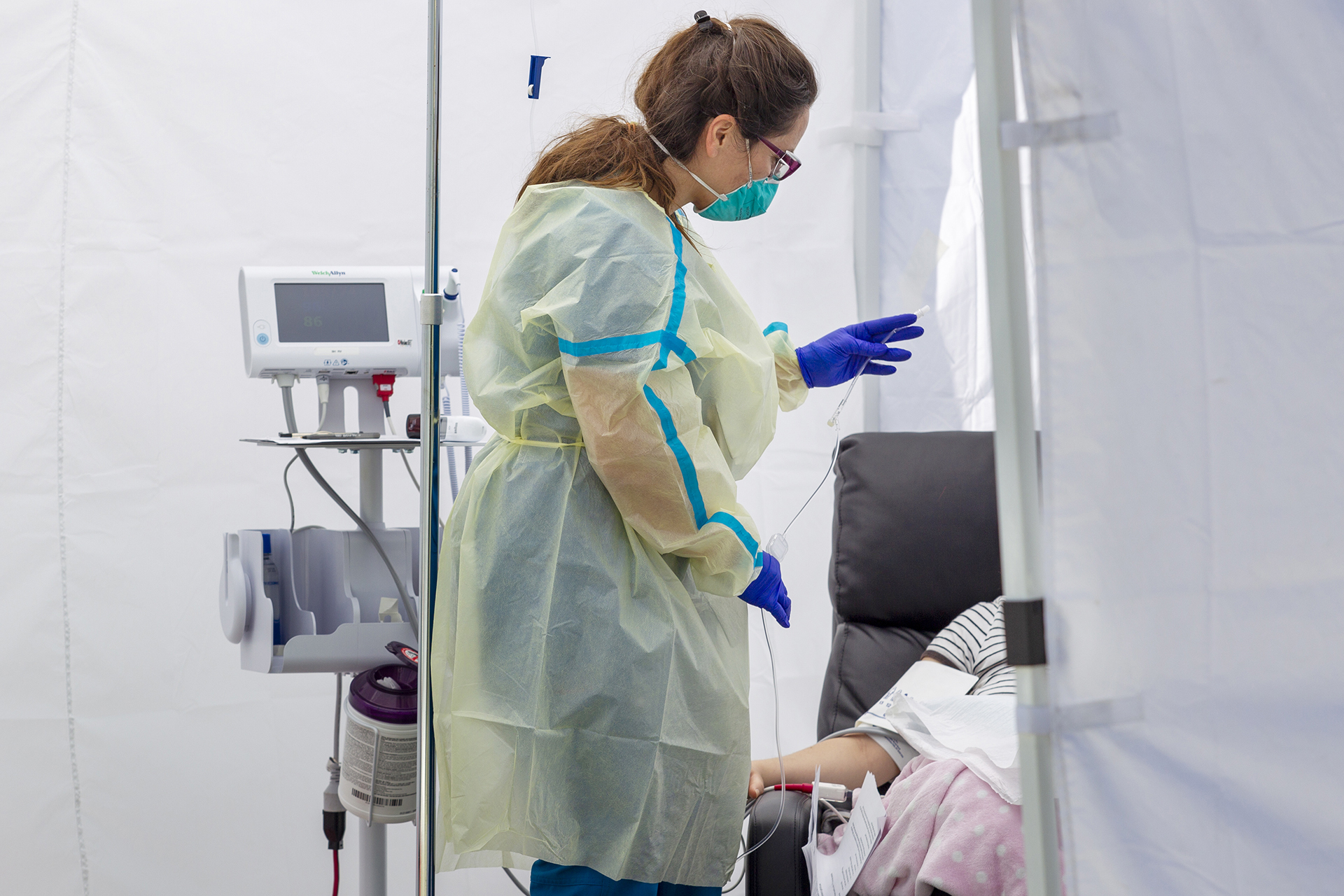
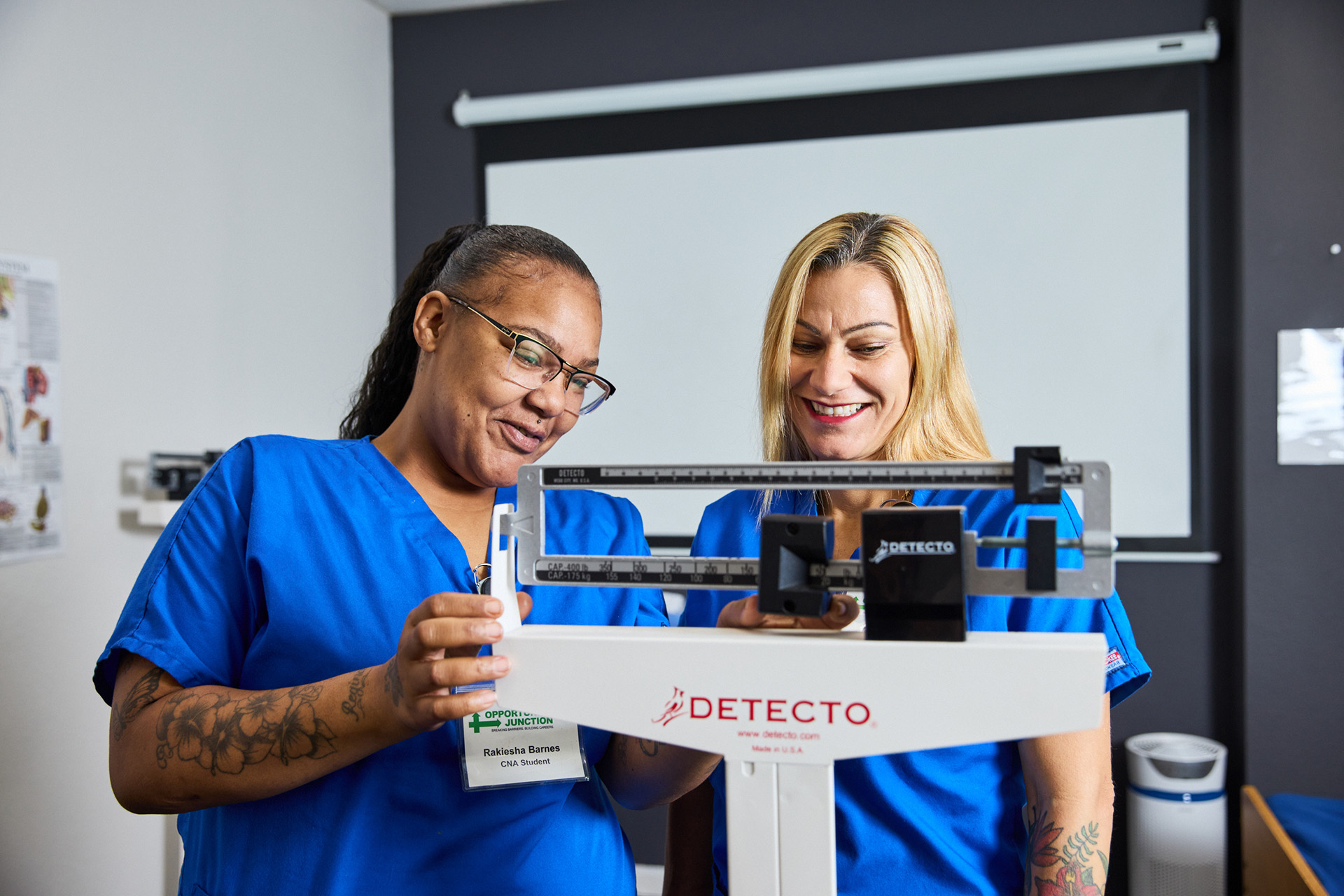
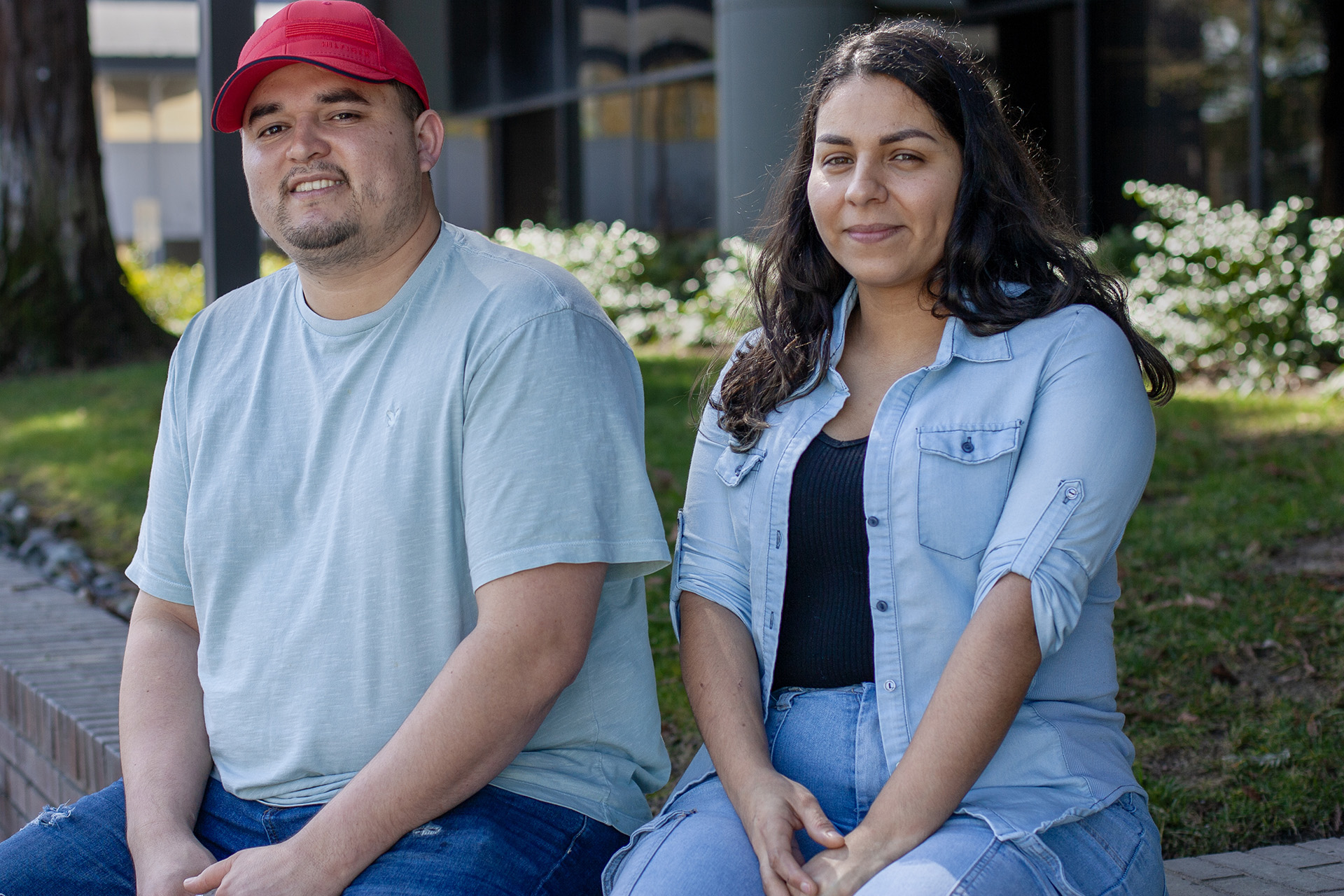
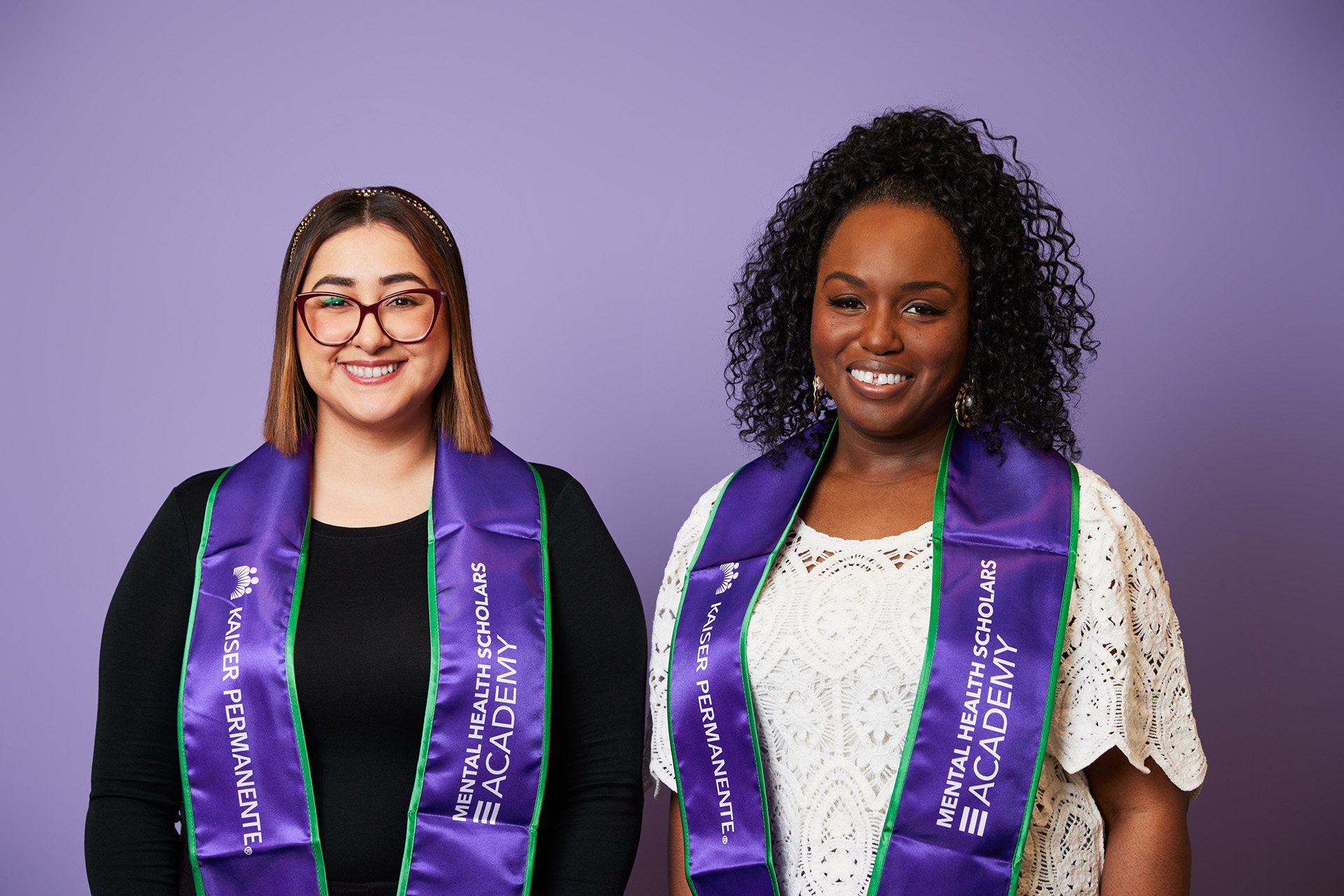
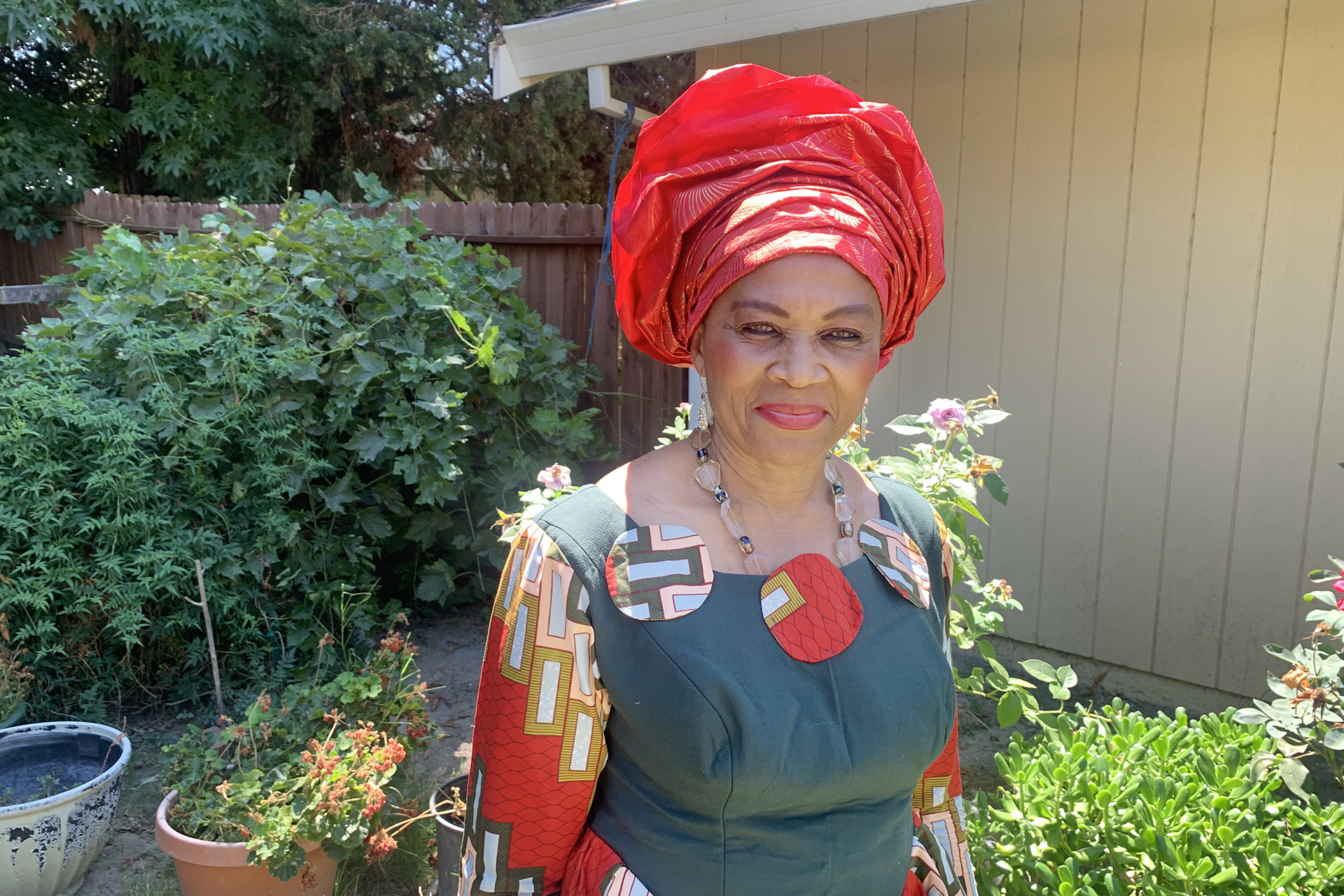
This Post Has One Comment
Thank you for helping those in dier need. ONE Kindness, KP Thrive and I am proud to be part of Kaiser Permanente.